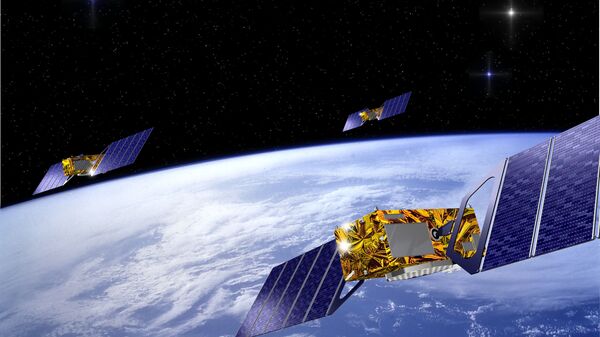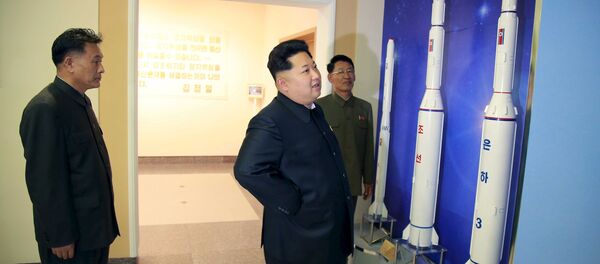Currently, US satellite navigation is claimed to be dangerously understaffed. Gen. John Hyten, commander of Air Force Space Command, stated to reporters in December 2015 that, "two 19-year-old airmen are the two guys flying GPS this morning for the entire world. That’s wrong."
To help make US space infrastructure more robust, the Air Force is preparing to organize a new team at the 50th Space Wing at Schriever Air Force Base in Colorado. Consisting of 352 people across four squadrons, the team will include orbit analysts, intelligence professionals, mission specialists, and engineers.
Two additional Space Mission Force crews will be established later this year, one at the 21st Space Wing at Peterson Air Force Base and another at the 460th Space Wing at Buckley Air Force Base, both in the state of Colorado.
The Pentagon’s plan to boost space defense comes in light of what it views as near-term threats.
Anti-satellite missiles and jamming devices are both of principle concern for the Air Force, especially when it comes to counteracting the activities of America’s chief rivals, Russia and China.
"Four Russian space launches in 2013 and 2014 in particular have sparked interest," Brian Weeden, a former officer in US Strategic Command’s Joint Space Operations Center, wrote for The Space Review. The paper describes what Weeden considers to be the maneuvers of interest.
Speaking to Defense One, Hyten said that US Space Command keeps a close eye on Russian satellite positions, saying "We watch where it goes all the time."
The Air Force expressed concern after China shot down one of its own weather satellites in 2007. While the move was a way to effectively dismantle a decaying satellite, Washington viewed the incident as Beijing demonstrating its ability to potentially target any satellite.
This fear of losing superiority in space could partially explain Washington’s most recent condemnation of North Korea. On Tuesday, Pyongyang stated to the United Nations its intention to conduct a satellite launch later this month.
In response, a US State Department official, speaking on condition of anonymity, stressed that any North Korean satellite launch will be an "egregious violation" of its international obligations.





